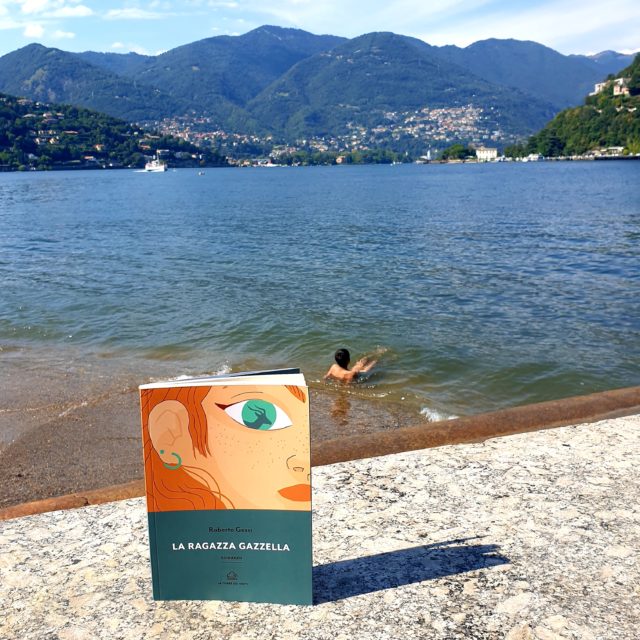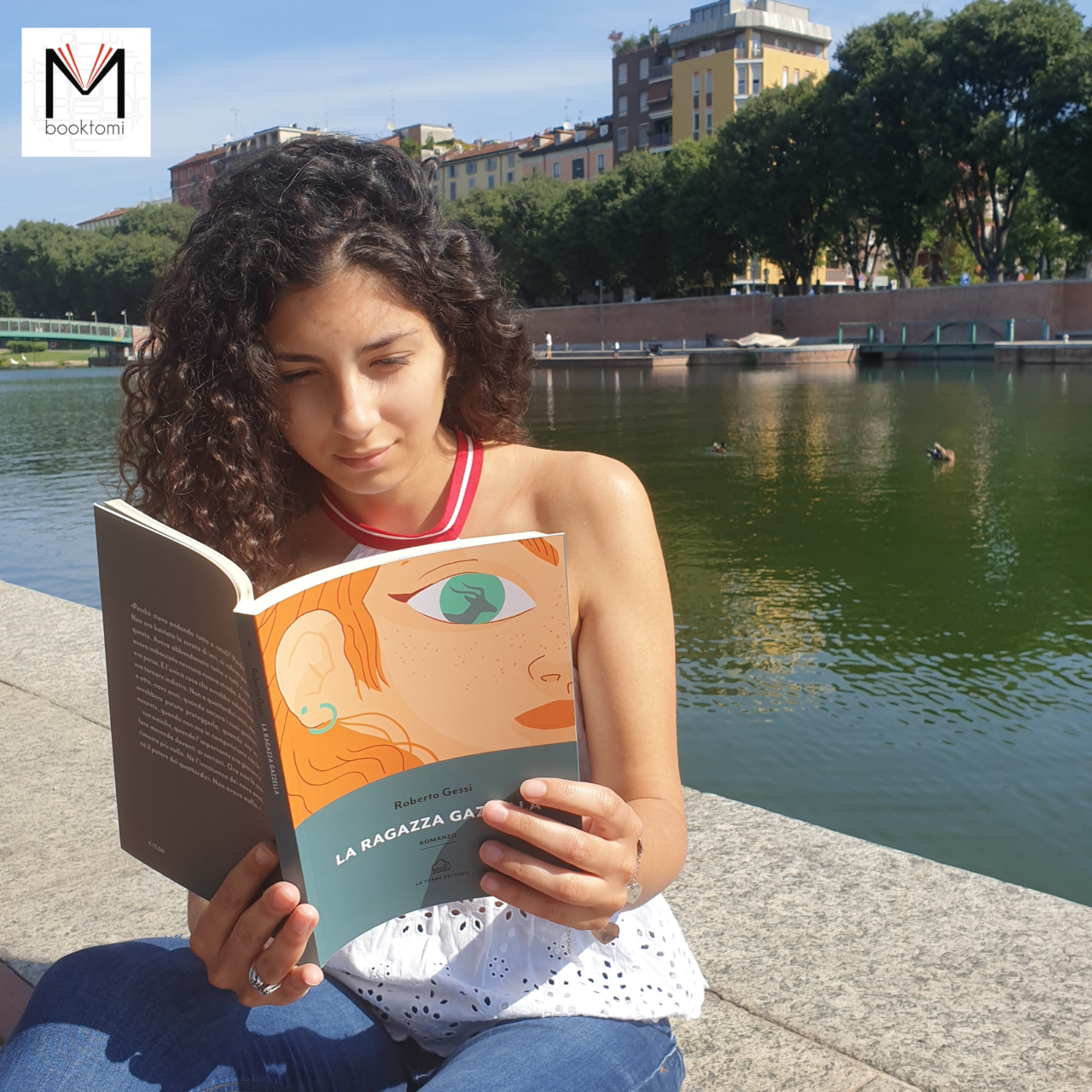“We have to ask ourselves what we are willing to give up, which paths we are willing to cross.”
Tabita is a seventeen-year-old girl from Novara who, during the last summer before graduation decides, driven (like all teenagers) by the need to find her way in the world, to permanently get away from the old group of friends and her boyfriend. A not painless passage towards maturity, to discover herself and the world around her.
In the loneliness of a long summer and the subsequent return to school, she discovers the acrid taste of life, and of interpersonal relationships of adulthood, very different from adolescent ones. The same inner turmoil will have repercussions in family relationships: halfway between the girl she was and the woman she would like to become.
We partially agree with the choice of writing a female subject, but we believe that it would have been of greater impact to write in the first person male since in some places the “man’s hand” is perceived in the text. The text is opulent with references to Italy today, such as that to television programs, which have the defect of not giving ample time to a book of this kind making it, consequently, already old after a few years, while it could have had a breath of greater contemporaneity embracing more generations of adolescents over the years.
In this regard, in case of a second edition, we suggest to “dry” the text and cut these references.
The novel is a decent starting point for the young writer and a good basis on which to develop his future works. There are various interesting ideas and many good intentions, but in our opinion not correctly addressed. While having a solid foundation upon which the narrative was built, the text remained immature. We would have liked to have glimpsed greater dynamism, in line with the age of the main character, however, for entire pages, we had the claustrophobic feeling of being locked in a room with no way out.
A suggestion / encouragement to the writer: let the next books mature more and give them to print once they are ready to be enjoyed.
_____________________________________________________________________________________________________
Roberto Gessi, The gazzelle girl, La torre dei venti, Milano, 2020




